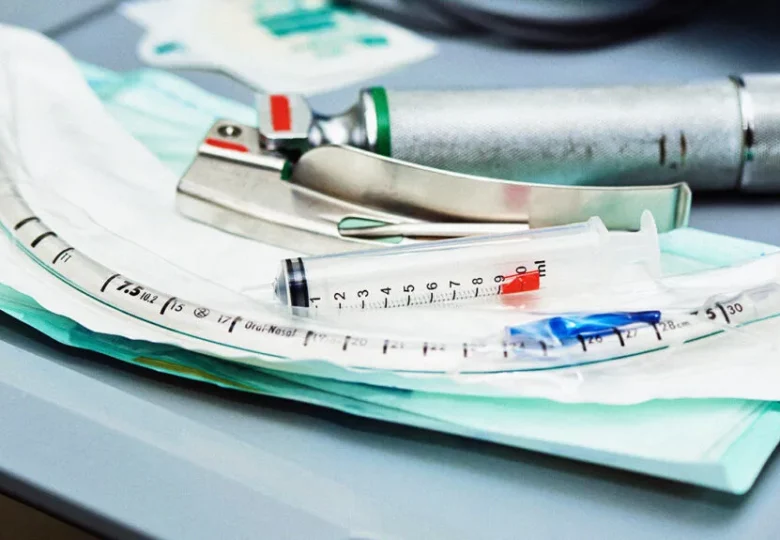N-TEAM Airway Study begins

In recent years, there have been numerous improvements in airway management techniques by anaesthetists. One major advance has been the development of new intubation devices and techniques, such as videolaryngoscopy, which allow for more precise and efficient placement of endotracheal tubes. Additionally, the use of advanced airway monitoring systems has become more widespread, allowing anaesthetists to more accurately assess the airway and ensure that it remains patent during surgery. But have they led to reduced rates of failed intubation?
Perhaps not.
An observational study conducted in the UK over a period of 1 year found that the incidence of serious airway complications was at least as high as it was during the fourth UK National Audit Project (NAP4). There were 17 serious airway complications, which included failed airway management leading to cancellation of surgery, airway management in recovery, unplanned intensive care admission, and unplanned emergency front of neck access.
An ongoing research project run by anaesthetic trainees on the south coast of England is currently investigating the rates of complications during non-theatre airway management by anaesthetists and intensive care doctors. This project, which is being conducted over the course of November and December, aims to provide insight into the safety of non-theatre airway management and identify areas for improvement.
The research team is utilizing data from the NAP4 audit, which is a large-scale national study that collects data on complications related to airway management in the UK. In addition, the team is also considering recent studies that have looked at intubation rates in theatre for elective operations.
The results of this study will be important for improving the safety of non-theatre airway management in the UK. By identifying areas for improvement and implementing evidence-based interventions, the researchers hope to reduce the incidence of complications and improve patient outcomes. The findings of this study will be shared with the wider medical community in order to inform best practices and guide future research in this area.